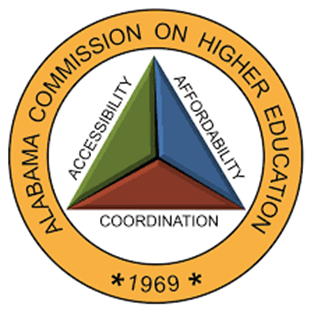$11.5B Texas school finance bill signed into law – By Julie Chang, the Statesman
Marquee legislation that will deliver $5 billion in property tax relief and pump an additional $6.5 billion into classrooms and the pockets of teachers over the next two years is now law.
From the cafeteria stage of Parmer Lane Elementary School in the Pflugerville school district, Gov. Greg Abbott on Tuesday signed into law House Bill 3, which makes sweeping changes to the way Texas public schools are financed.
“This one law does more to advance education in Texas than any law that I have seen in my adult lifetime in the state of Texas,” Abbott said. “We stepped up and changed the way we are providing the funding ... for student needs instead of student ZIP codes.”
He also applauded the property tax relief in the bill.
“This law, which transforms education, also transforms property tax in the state of Texas. Taxpayers in the state of Texas have been burdened with an oppressive property tax system that takes too much money out of their pockets,” Abbott said.

Summer training rewards AP teachers – By Kaitlyn Brooks, the Richmond Register
Eastern Kentucky University welcomed more than 200 educators for a week-long summer program that refreshed their skills, introduced new ways of teaching and learned about the new Advanced Placement (AP) resources that are available to them.
For the first time, EKU is serving as one of three AP Summer Institute training locations, the other two being in Louisville and Bowling Green, according to John Williamson, Dean of K12 Student Programs. The program saw a large number of people from the region, but also a few international guests as well. The purpose of the program is to engage AP teachers with trainers to strengthen how they teach.
It also allowed for some exploring of the course framework, the exam and the new AP classroom resources that will help them plan and focus instruction. The teachers spent time learning in depth about their content areas as well.
Williamson also noted the importance of the new scholarship opportunity that will begin in the fall for those who will receive the most benefits from the summer program this week — the AP students.
Students taking the AP exams can earn the Study Strong scholarship to EKU based on their score. Study Strong recipients earn $300 for every AP exam score of five, $225 for every four and $150 for three, up to the maximum award.

New York repeals religious exemption for school vaccinations – By Jon Campbell and Joseph Spector, the Journal News
After a day of contentious debate, New York lawmakers voted Thursday to end the state's religious exemption from vaccines that had allowed parents to send their unvaccinated children to school or day care.
The Senate and Assembly votes capped months of tense protests and negotiations amid a measles outbreak in Rockland County and New York City, which since September have seen a combined 854 confirmed cases of the disease that was once declared eliminated 19 years ago.
Nationally, cases exceeded 1,000 this year – the highest in 27 years, the Centers for Disease Control and Prevention said Tuesday.
Gov. Andrew Cuomo signed the bill into law Thursday evening, calling vaccines "safe and effective" and the science behind them "crystal clear." It took effect as soon as he signed it.
"This administration has taken aggressive action to contain the measles outbreak, but given its scale, additional steps are needed to end this public health crisis," Cuomo said in a statement.
Senate Majority Leader Andrea Stewart-Cousins, D-Yonkers, said the measure was necessary to improve the public health.
"We are in the midst of a measles epidemic which is completely preventable given proper immunizations,” Stewart-Cousins said in a statement.

Commission on Higher Education focuses on making college more affordable – By Evan Mealins, the Alabama Political reporter
At the quarterly meeting for the Alabama Commission on Higher Education on Friday, Commission members focused on easing the path to college for more students by making higher education more affordable.
“Student success is crucial in continuing Alabama’s economic momentum,” said Commission Executive Director Jim Purcell.
Next year’s education budget, the largest in state history, includes increased funding for the Alabama State Assistance Program (ASAP), the state’s need-based aid program. ASAP received a 30.1 percent increase in funding from last year, putting it at $5,397,551. Commission Chairman Ed Sanders praised the Legislature for this increase.
“The additional money for ASAP will help many more students be able to afford college,” Sanders said.
The Commission is taking steps to lower textbook costs for Alabama students by holding workshops on campuses aimed at educating faculty members on the use of Open Educational Resources (OER). An OER grant program is in place to help colleges and universities replace print textbooks with online digital resources in high-enrollment, entry-level courses. The program, coordinated by the Commission and the Alabama Community College System, is expected to affect 18,000 students with savings over $2 million this year.












